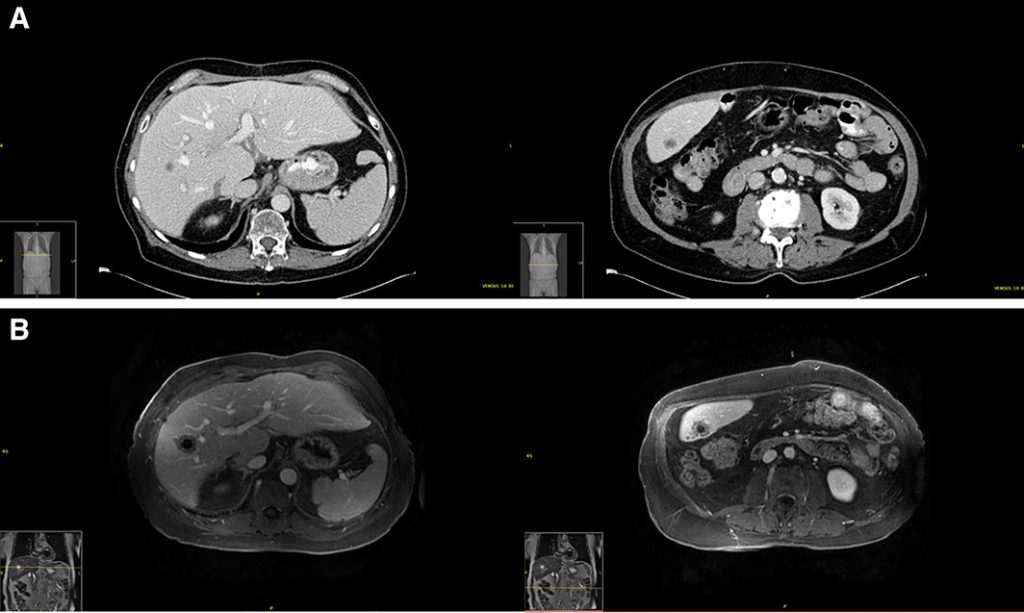This tragic case highlights the exceedingly rare but devastating possibility of cancer transmission through organ transplantation. A 69-year-old man from Arizona, suffering from alcoholic cirrhosis, received a liver transplant to treat his condition. While the initial transplant seemed successful, within four months, routine ultrasound scans revealed the presence of two masses in his new liver. Initially deemed indeterminate, these masses multiplied rapidly over the following weeks, ultimately diagnosed as an aggressive form of metastatic lung cancer. Further investigations, including PCR testing, confirmed that the cancer originated from the donor liver, marking a tragically ironic turn of events. The patient’s original liver cancer was effectively treated by the transplant, only to be replaced by a more aggressive and ultimately fatal cancer originating from the donor organ.
The donor, a 50-year-old individual with no known history of cancer, had unknowingly harbored undiagnosed lung cancer that had metastasized to the liver. This detail underscores the insidious nature of certain cancers, which can remain undetected even with pre-donation screening procedures. The tragic consequence in this case was the transmission of this hidden malignancy to the recipient, leading to his demise within six months of the transplant. The rapid progression of the cancer, despite chemotherapy, precluded the option of a second transplant, compounded by the necessity of anti-rejection medications that further complicated treatment options.
This case represents a medical anomaly. Instances of donor-derived cancer are so infrequent that comprehensive statistical data is unavailable. Medical literature documents only a handful of such occurrences, making this particular case even more exceptional because the donor had no prior diagnosis of cancer. The previous similar case involved a recipient whose donor was discovered to have lung cancer days after the transplant, highlighting the difference in this case where the donor’s cancer went undetected prior to transplantation. This tragic outcome emphasizes the inherent challenges in donor screening, particularly in identifying occult malignancies that may not manifest clinically.
The rarity of these cases makes it difficult to estimate the true incidence of cancer transmission through organ transplantation. The lack of easily identifiable risk factors and the variable stages at which cancers present further complicate the development of preventative strategies. While pre-donation screening protocols aim to minimize risks, certain cancers can evade detection. This case underscores the need for ongoing research and refinement of screening techniques to improve the safety of organ transplantation, although the exceedingly low occurrence rate makes it a challenging medical puzzle.
The Arizona patient’s situation presents a heartbreaking paradox. He underwent a life-saving transplant to address his liver disease, only to become a victim of an unforeseen complication arising from the donated organ itself. The rapid progression of the donor-derived cancer, coupled with the limitations imposed by anti-rejection medications, tragically prevented effective intervention. This case serves as a sobering reminder of the unexpected complexities that can arise in medical procedures, even those designed to save lives.
While the risk of donor-derived cancer remains exceptionally low, this case highlights the importance of continuous vigilance in organ transplantation. The ongoing development and refinement of screening methods are crucial in minimizing such risks. However, the inherent difficulty in detecting occult malignancies poses a significant challenge. This tragic outcome underlines the delicate balance between the life-saving potential of organ transplantation and the extremely rare, but devastating, possibility of unforeseen complications. This case contributes to the limited body of knowledge surrounding donor-derived cancer and serves as a catalyst for future research and improved protocols in the field of organ transplantation.











